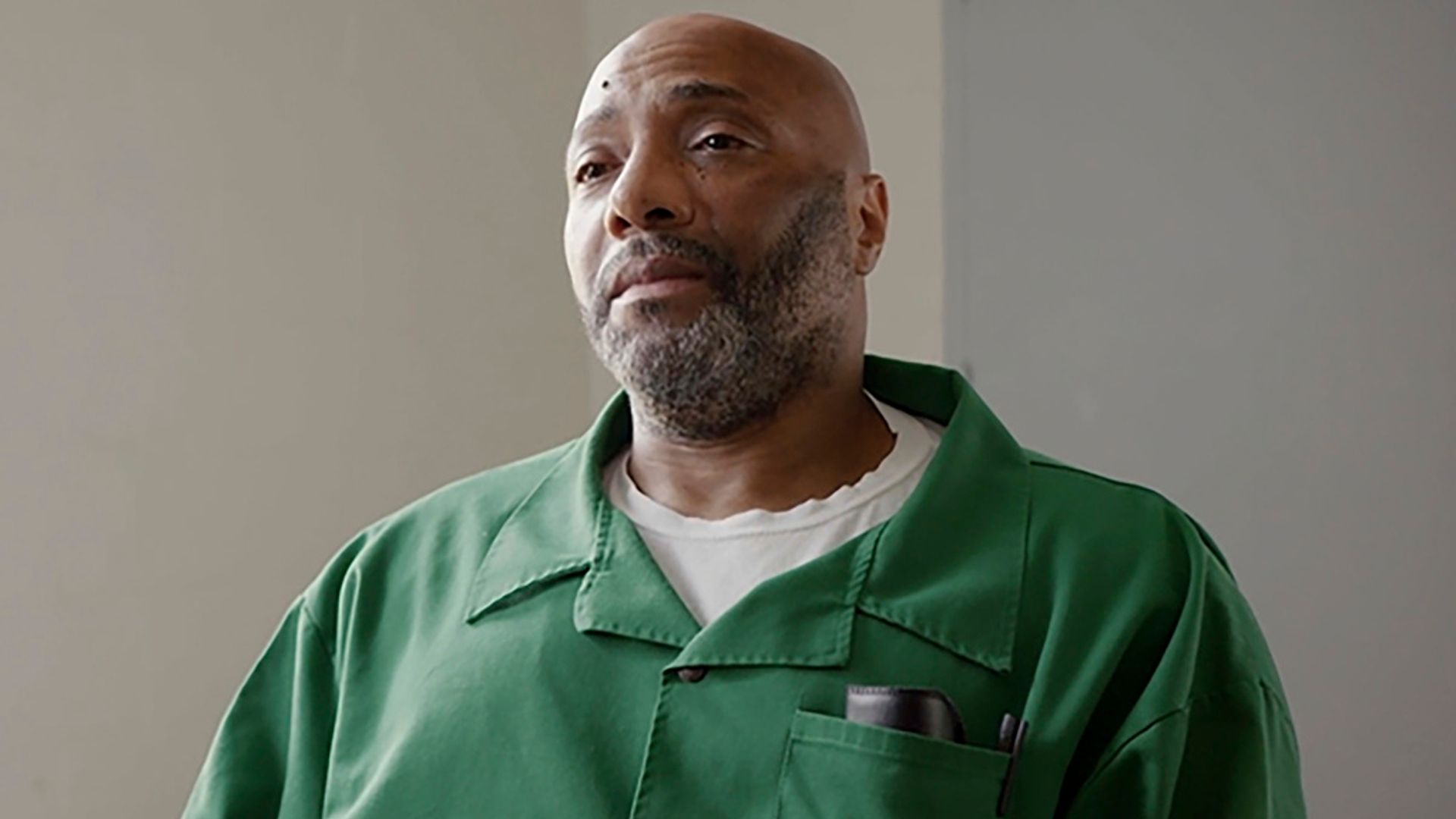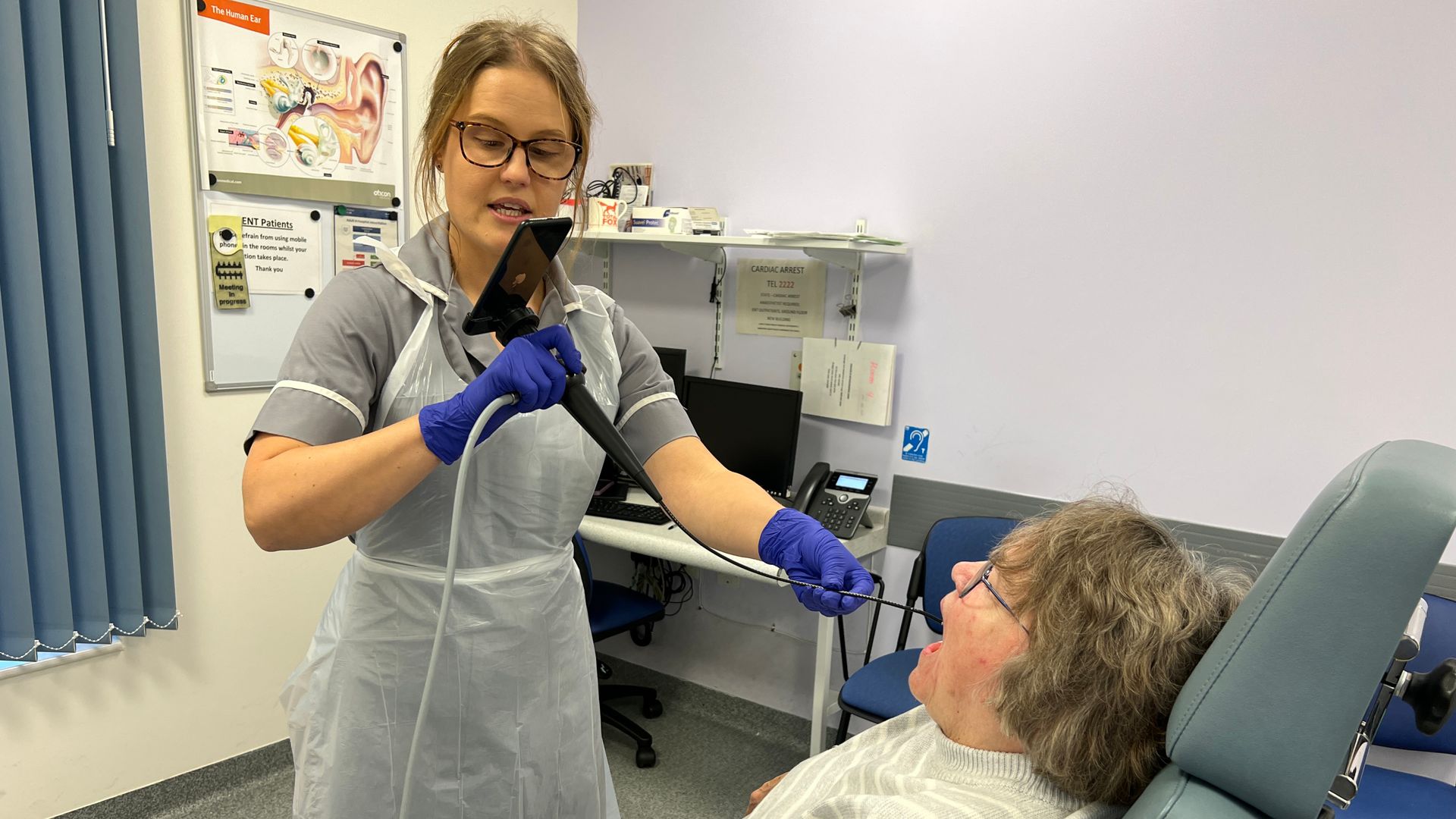
The head of a watchdog agency told lawmakers Wednesday that child welfare caseworkers continue to say they are overburdened and that the situation in the department is “deteriorating.”
The Legislature’s Government Oversight Committee has been asking frontline caseworkers to share their experiences as lawmakers investigate the state’s involvement in the lives of four children who died of abuse in 2021.
Peter Schleck, who directs the Office of Program Evaluation and Government Accountability that is leading that investigation, said lawmakers often hear that caseworkers should manage no more than a dozen cases at one time. But Schleck said he received a call this week from one worker currently handling 30 cases — but who had as many as 40 at a time last year — while another worker said they were juggling 39 cases.
“I would respectfully convey just the disclaimer that I have not done the work to validate that,” Schleck said. “But I, at some level, must take them at their word that they are sincerely calling me and they are saying that the circumstances are deteriorating by day.”
Schleck did not identify the workers or where they worked other than to say they were both located in a district office “that’s had some challenges.”
Those comments came two days after the director of Maine’s Office of Child and Family Services, Todd Landry, submitted his resignation to the commission of the Department of Health and Human Services. And Landry’s resignation came less than two weeks after the latest critical report from OPEGA.
While presenting that report to the committee earlier this month, Schleck said his investigators had found “numerous examples in which there were errors on top of errors” on behalf of the child welfare agency.
Jaden Harding was just 6 weeks old when he died in May 2021 reportedly at the hands of his biological father. Maine’s child welfare programs had not been involved with Jaden during his short life. But the DHHS had been involved with Jaden’s mother, Kayla Hartley, and his three older half-siblings for years. And OPEGA found that Maine’s child protection program had repeatedly failed to recognize the mother’s “lack of protective capacity.”
The review found DHHS made several “unsound safety decisions.” In one case, a DHHS caseworker failed to recognize that, because of a name change, a relative spending time in the home was the same person who had been accused of sexually assaulting two of the older children. OPEGA also faulted the agency for eight “practice issues” that occurred during investigations of Hartley’s home before and after she told DHHS that she was pregnant with Jaden.
Child welfare workers have also told the committee that they were overworked, understaffed and often unsupported by upper management.
OPEGA is currently working on a fourth and final investigation into DHHS involvement in the lives of four children who died of abuse in 2021.
This article appears through a media partnership with Maine Public.










